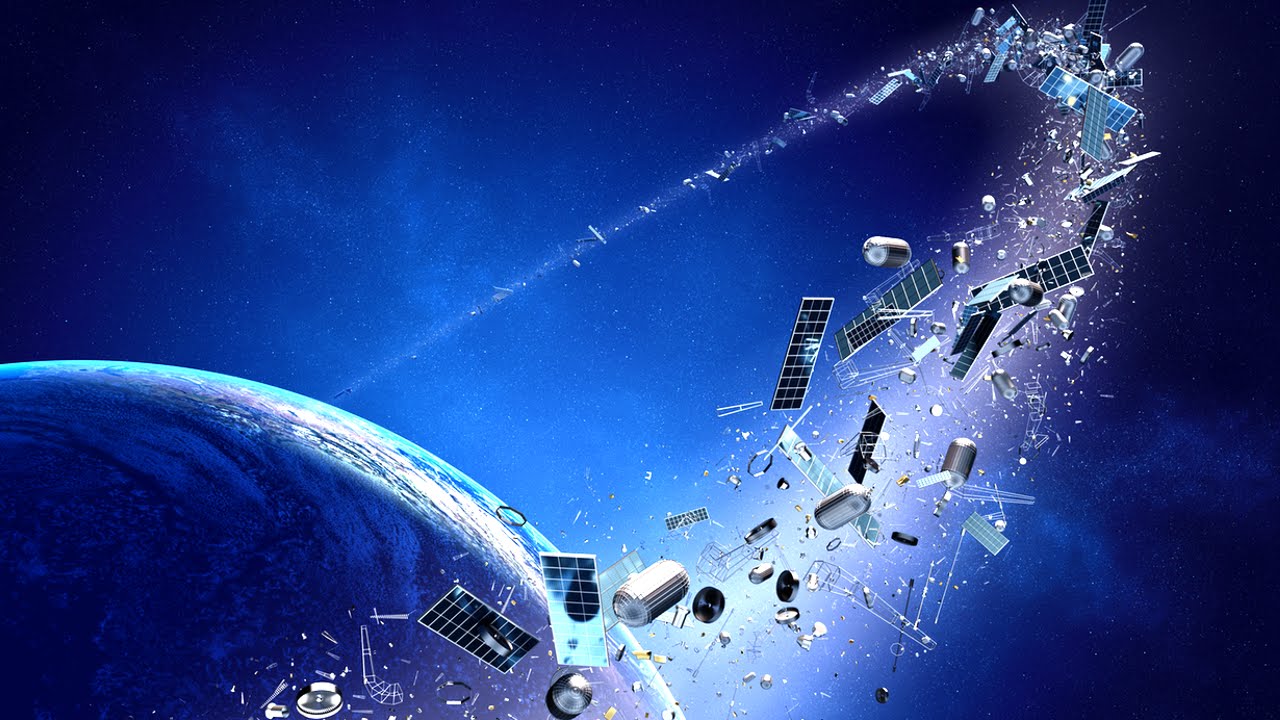
The Soviet Union in the late 1950s stunned the world with the successful launch of Sputnik I, the first artificial satellite put into space. It was a technological achievement of epic proportions that officially kicked off the space age although now, the ramifications are only starting to come into focus.
You see, humanity has sent a lot of objects into space in the more than 60 years that have since elapsed. According to one estimate, there are around 5,000 tonnes of space junk orbiting our planet. If just one stray piece of debris were to strike a craft or an astronaut, the results could be fatal.
China is well aware of the issue and is looking to do something about it. Researchers there have successfully simulated an orbital laser station capable of zapping small debris (items less than four inches in length) with 20 bursts of light each second. Over a two-minute span, the laser system could either deflect junk to avoid a collision or knock objects out of orbit where they’d burn up in the atmosphere.
Of course, there are perhaps more questions than answers at this time. For example, how many laser stations would be needed to deal with all of our space waste? Who should build them? And as Engadget points out, would other nations even allow for such a device to be built or would they veto the idea under the guise that it’s an elaborate space weapon?
I get the feeling that a lot of international collaboration would be needed to make this a reality. Nevertheless, it’s good to see someone addressing the matter and interested in cleaning up the mess we’ve created.
https://www.techspot.com/news/72773-china-wants-zap-space-junk-orbital-lasers.html